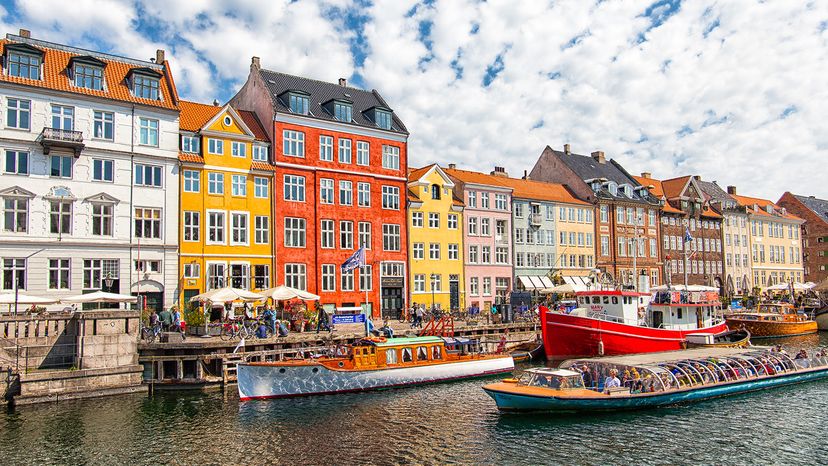
Whether you're thinking about moving to one of the countries with the best healthcare or just curious how other nations handle health services, there's a lot to consider.
A country's healthcare system can shape everything from life expectancy to how easily you can get preventive care or schedule doctor visits.
Advertisement
We’ve rounded up nations that consistently rank high for health outcomes, healthcare access, and overall health system strength. These countries invest in healthcare professionals, keep healthcare costs in check, and offer both public healthcare and private health insurance options.
From universal coverage to personalized care, here are some of the best healthcare systems in the world.
Advertisement












